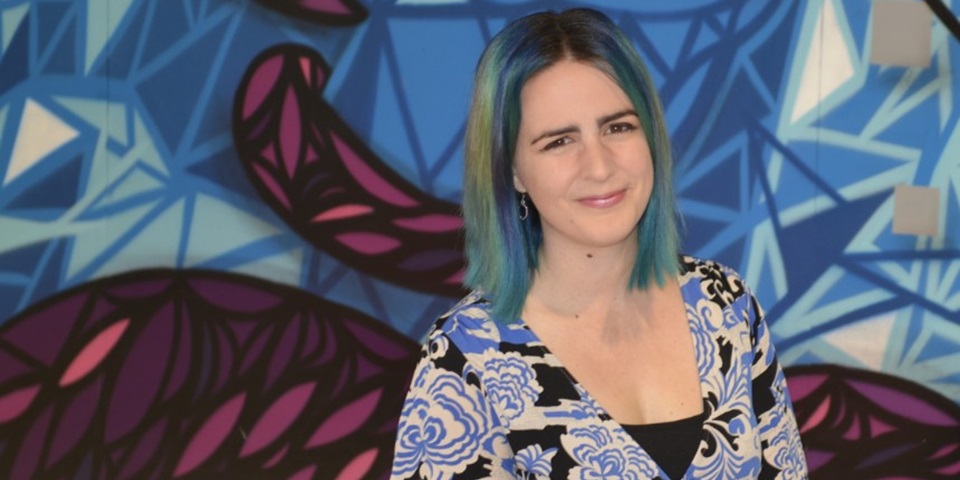News
Could regular failure be the key to ultimate success?

A new study underway at Murdoch University will investigate ways to increase the resilience of students at school through a bit of extra screen time.
Megan Pusey is leading the investigation through her PhD project at Murdoch University.
“I started my career as a high school science teacher and I saw a lot of students, who had excelled in their studies all the way through, hit a roadblock in Year 11 and completely crumble. They didn’t know how to pick themselves up after an academic failure and move on,” Megan said.
“It got me thinking about innovative ways we could develop resilience, or a growth mindset, in students.”
Video games in the classroom
An early tech adopter herself, Megan was one of the first teachers in Perth experimenting with ways that video games could be used in the classroom.
“I tried a few different programs and had quite a bit of success making Earth Sciences more fun using Minecraft. It made me realise the potential for computer games to be used in learning,” Megan said.
“Computer games are routinely used in the classroom and educational games are a big business.
“However there is a massive disconnect between the educational games and commercial games. There are all these people working on the user experience to make commercial games more engaging, and a whole other industry focuses on good ways to teach kids the curriculum through games.
“There is a lot of fear around kids and excessive screentime, and I’m interested in whether commercial games are actually offering kids some valuable lessons that we can move into the educational space.”
Megan is about to launch a pilot study at Murdoch University investigating whether a group of students who play a particular computer game can improve their resilience to failure.
“We have chosen a challenging game with puzzles that increase in complexity over time. The only way to progress through the game is to fail, and to learn through your mistakes,” Megan said.
“It doesn’t rely on your maths or English skills, so no matter how smart you are, you will hit some roadblocks along the way.
“We are also interested in learning more about how peers can play into a student’s ability to build resilience, so the puzzle has a social connectedness element as well.”
After testing the potential of the puzzle game in a pilot study later this year, Megan is hoping to roll out a widespread study in Perth high schools in 2020.
Any Western Australian high school teachers interested in being a part of this research can contact megan.pusey@murdoch.edu.au.
This study has been approved by the Murdoch University Human Research Ethics Committee (Approval 2019/111)